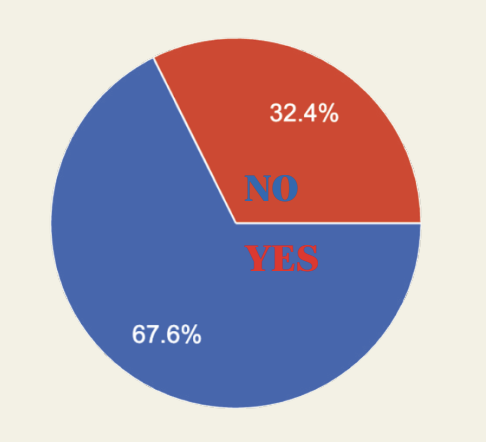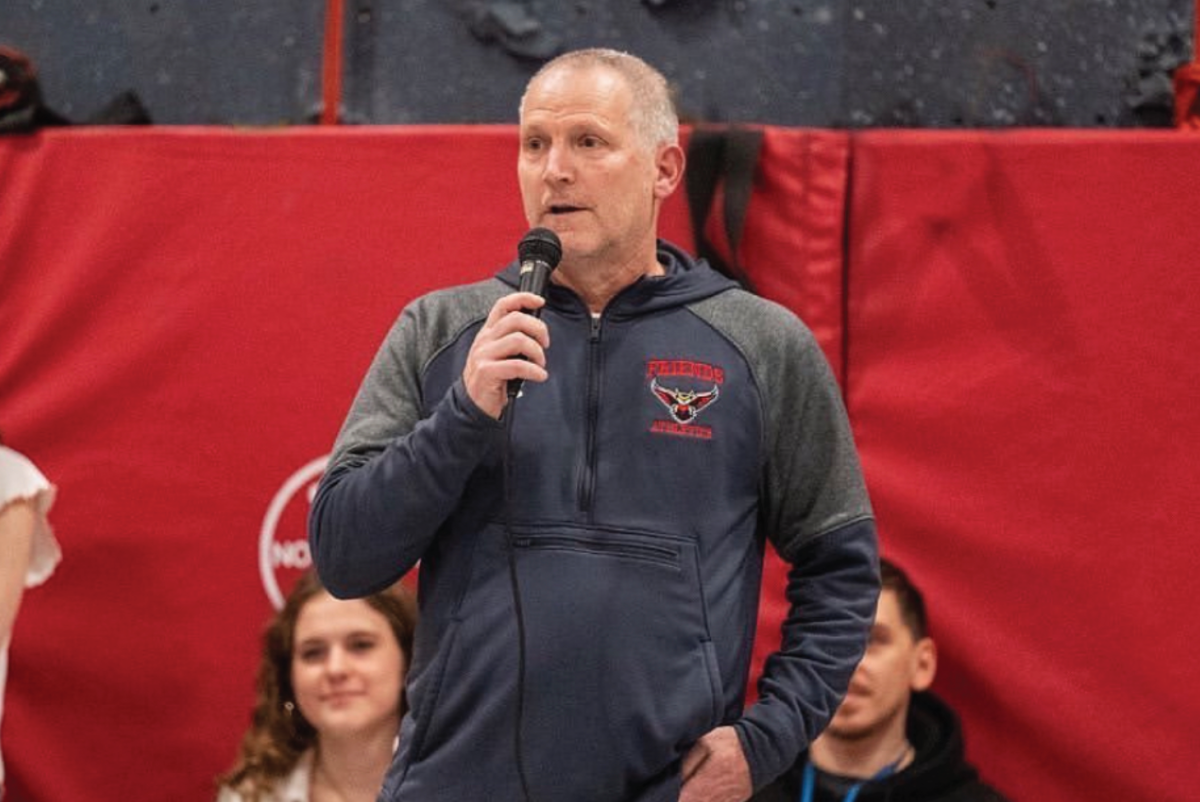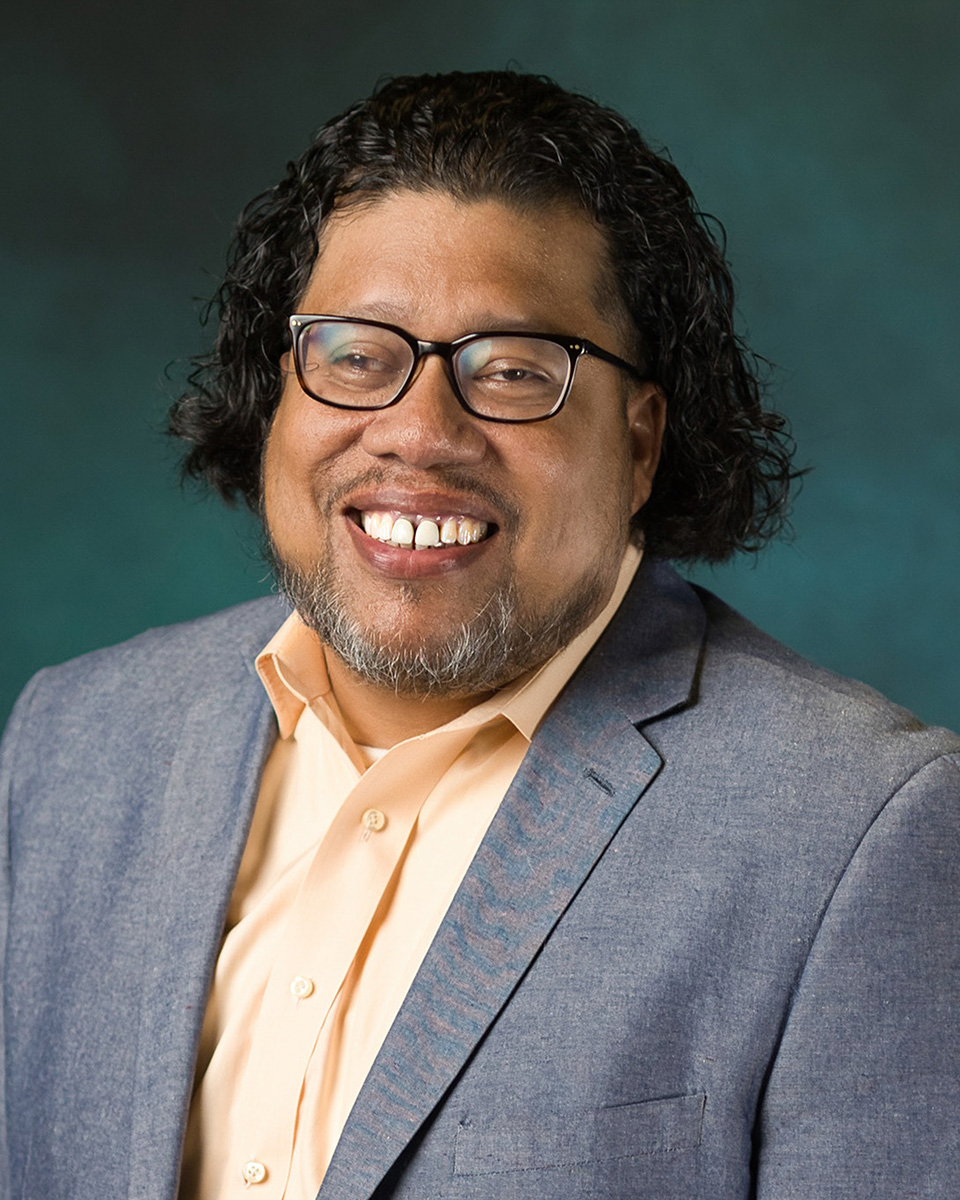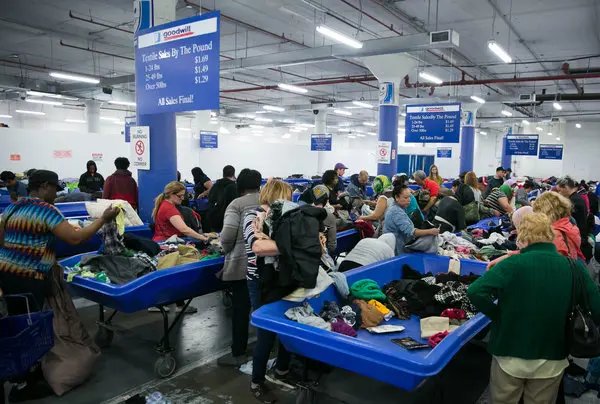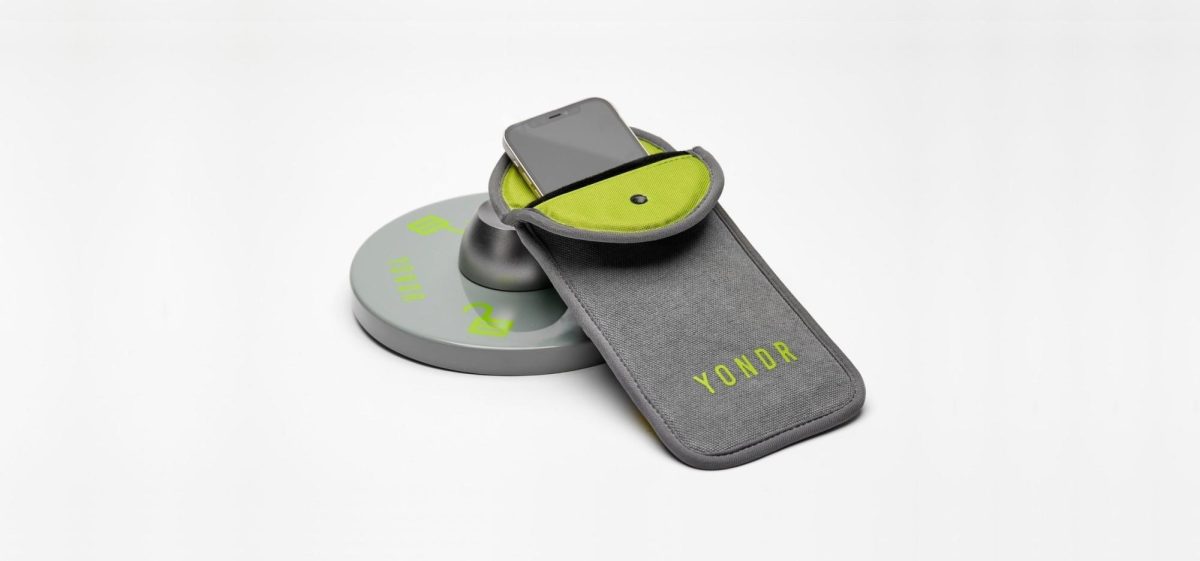Most Friends Seminary students are likely familiar with the climate clock near Union Square. In bold orange letters, the digital clock projects a daunting, ever-decreasing number, which, according to the team of climate activists who are affiliated with the clock, represents the “critical time window remaining for humanity to act to save itself and its only home from the ravages of climate chaos.” The deadline is determined by what scientists at the Intergovernmental Panel on Climate Change (IPCC) call a “carbon budget,” which measures how much carbon we can release into the atmosphere to keep global warming below 1.5 degrees Celsius. A 1.5 degree Celsius increase is believed to be a dangerous tipping point, which the Natural Resources Defense Council (NRDC) says could lead to “rapid glacier melt, collapsing coral reefs, and thawing permafrost.” In any case, the clock currently tells us that we have around 4 years and 200 or so days until this estimated carbon budget runs out. And Donald Trump will be the president of our country for nearly all that time. For anyone who cares about the climate, that’s not good news.
Donald Trump has openly doubted whether climate change is occurring, saying, “I believe in clean air. Immaculate air. But I
don’t believe in climate change.” Trump’s lack of acknowledgment of the association between climate change and dirty air demonstrates his insufficient knowledge of the direct effects of climate change. Now that Trump is in office yet again, it’s difficult to say what he will do, but this article will explain what to expect in the next four years based on what he has done in the past.
Former president Barack Obama had created regulations during his eight years in office, including some that set higher standards for fuel efficiency, controlled methane release, and limited pollution from coal plants. In his first term, President Trump rolled back these regulations, labeling them as superfluous and
too expensive. Obama’s efficiency standards regarding the fuel industry required auto manufacturers to make their vehicles dramatically more efficient, as well as increase production of electric vehicles. By repealing these standards, American car companies could allow their vehicles to emit nearly a billion
more tons of carbon dioxide than they would have been able to with Obama’s regulation. Additionally, Obama had required oil and gas companies to check for and repair leaks of a powerful greenhouse gas called methane. Trump, however, allowed these companies to ignore methane leaks entirely, supporting his argument with false data from the Environmental Protection Agency (EPA). The EPA in Trump’s first term claimed that the amount of leaks that were occurring from oil and gas wells was staying relatively steady, while scientific data showed that leaks were actually getting worse, leading to a steady increase
in total methane emissions. Finally, Trump resisted Obama’s effort to reduce global-warming from coal plants and replaced the rule with a new one, allowing plants to remain open for longer periods of time.
Along with nearly 100 more rollbacks to environmental protection rules, Trump also withdrew the U.S. from the Paris Agreement, a treaty signed by nearly 200 nations. It aims to collectively reduce global temperatures to 1.5 degrees Celsius through, according to the UN, “economic and social transformation based on the best available science.” In addition to pulling out of the treaty, he drastically reduced the United States’ former pledge to the Green Climate Fund, while “13 other rich nations doubled their original pledges,” said NPR reporter Rebecca Hersher. The agreement requires countries to consistently report back on their progress to make sustainable improvements. Since he didn’t believe in the terms of the agreement anyways Trump saw no reason to stay in it, giving him the chance to be free from what he saw as a burden. He would no longer be legally required to make sustainability a priority.
Contrary to Trump, Dan Lashof from the World Resources Institute writes that “Joe Biden ran for president on the most ambitious climate action platform of any major presidential candidate in U.S. history.” On his first day, Biden rejoined the Paris Climate Agreement. In August 2022, he officially passed the Inflation Reduction Act, which, according to the United States Department of Agriculture (USDA), is the largest invest-
ment into climate action the U.S. government has ever made, with the intention of providing “access to lower-cost clean energy, and climate-smart agriculture and conservation while creating good paying jobs.” But Biden did more than invest hundreds of billions of dollars into the climate. He also set a new goal of reducing 2005-level emissions by 50% by 2030 and issued regulations to reduce emissions of hydrofluorocarbons (HFCs), or super-pollutants that trap heat into the atmosphere.
Trump has stated that he plans to get rid of virtually all of Biden’s environmental regulations. He said at a campaign rally, “On Day 1, I will sign an executive order directing every federal agency to immediately remove every single burdensome regulation driving up the cost of goods.” Although there was inflation under the Biden-Harris administration, climate-related regulations were not the leading cause. In addition, Trump has proposed Lee Zeldin, a former U.S. Representative from New York with no experience in climate policy, to be the next head of the EPA. In 2022, Zeldin voted against the Inflation Reduction Act, claiming the country couldn’t afford it and has historically inconsistent views about the environment. When accepting the nomination, Zeldin stated one of his main concerns was to “restore U.S. energy dominance,” which is something Trump often says in reference to the expansion of oil and gas production, and not reducing emissions and finding renewable energy sources. Trump is preparing to pull out of the Paris Climate Agreement again just as he did in 2020, and he might revisit the 14 rollbacks that were still in progress at the end of his last presidency. With control over both houses of Congress, Trump has a lot of power, and also a better understanding of how to use that power to his advantage the second time around. Though he cannot undo everything Biden did, Trump can certainly do a lot of damage to the climate, decreasing the time window available to prevent the most catastrophic effects of climate change.
In our interview with Dr. Meyer, a biology teacher at Friends, he said, “Trump’s approach to things is likely to mean that people will take science less seriously.” Trump’s open rejection of climate change and lack of concern for it might lead some Americans to also not care or even not believe in it. As Dr. Meyer says, “These things are solvable. But if our politicians aren’t behind us, what do we do?” The answer to that question is not nothing, he says. “It’s important for you all to try your best to convince people who aren’t being convinced. The alternative is to not try and just throw your hands up and hope. Well, that’s what half the world is doing right now anyway.” Though Trump is arguably working against sustainable development, we must fight back to protect and save the earth. Eli Sidman, a chemistry and biology teacher at Friends, says, “While we need systemic change and government action to truly address this crisis, there really is a lot that individuals can do.”
Reduce your carbon footprint by conserving
energy and water usage in your house. Limit your purchases from chain stores and fast-fashion brands and try thrifting or buying from small businesses. Be conscious about the transportation
you’re using, and don’t be wasteful. These are just a
few ways you can change your lifestyle to live more sustainably. Most importantly, make your voice heard. Learn as much as you can about this very real crisis, and take that knowledge and do something with it. Don’t be another person who sits around grieving and worrying, or a person who doesn’t care. According to Eli, our actions “impact our friends, our school, our neighborhood, our borough, our city, our state, our country, and our world.”






